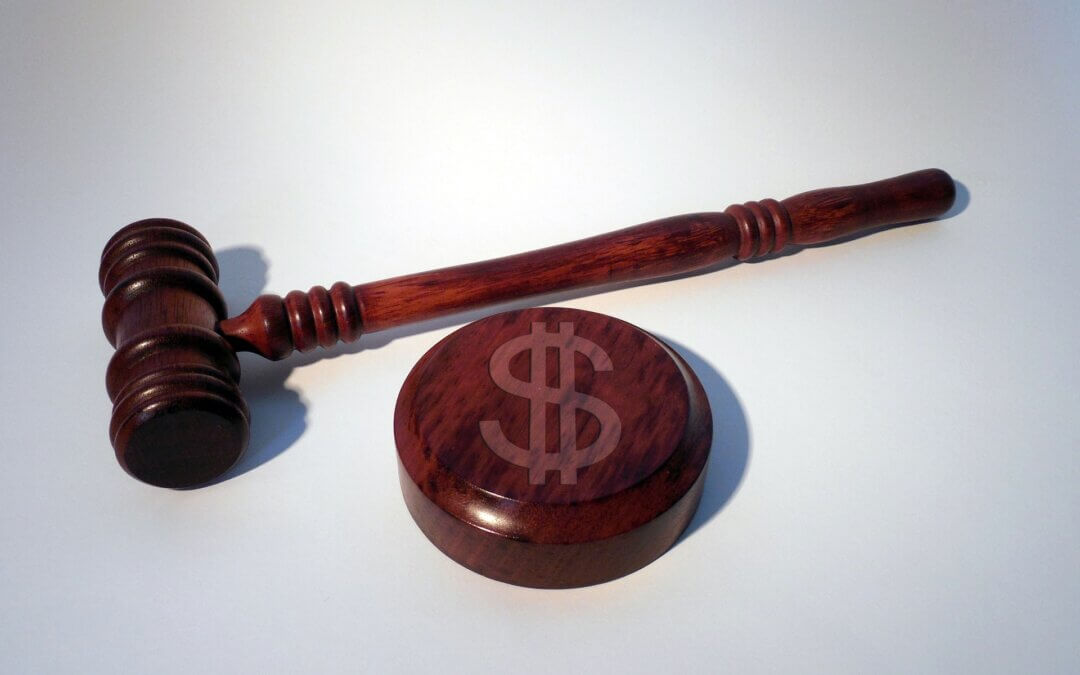Since my previous note on litigation funding, The Cayman Islands have passed the Private Funding of Legal Services Act, 2020 (PLFS), which has abolished the common law offences of maintenance and champerty.
PLFS made a host of amendments to Cayman Islands law, which is to be welcomed. In my view. We now choose three types of litigation funding: conditional fee agreements, contingency fee agreements and third-party funding agreements.
A detailed review of the PFLS, and the different types of agreement, are beyond this article’s scope. However, I look forward to seeing how the Cayman Islands market adapts itself to this new funding era. I hope that the Courtroom doors will swing open to admit those litigants with worthy cases who have been unable to pursue legal remedies because of cost concerns.
In other Cayman legal news, the Legal Services Bill was passed unanimously in Parliament on 16 December 2020. This Act was described as an “imperfect” lawyers law. It is described as imperfect because the legal profession has been unable to agree to this legislation for many years—the previous law passed in 1968 was described as woefully inadequate. The Premier commented: “The status quo is simply not an option“. Local Practitioners and the large international law firms located here are polarized in their views on regulating and monitoring legal practice in the Cayman Islands.
Without wishing to oversimplify the issues, the smaller local firms are concerned that persons who have not been called to the Cayman Islands Bar and operate outside the Cayman Islands, are advising on Cayman Islands law which is illegal. There are several consequences to this position.
There is an issue that big law firms do not give Caymanian Attorneys enough opportunity for advancement within their firms.
There are compelling arguments on both sides of this debate. However, there should be general agreement within the profession that the practice of law in the Cayman Islands has changed over the years and that our rules must move with the times. Offshore jurisdictions suffered from the release of the “Panama Papers” and “Paradise Papers.” As a jurisdiction, we must observe FATCA and comply with seemingly endless regulations to keep us off the various blacklists. When it comes to the jurisdictions credibility as an OFC, Lawyers are the tip of the spear and must operate within a code of conduct. Hopefully, the more contentious issues currently separating the profession can be settled with suitable modifications to the PLFS in the future. As
My final comment is on a UK case which caught my interest. John Greenwood, a magazine editor from southeast London, won a court battle against the giant tech company Apple after it charged him £540 for a gaming app described as “free”.
Mr Greenwood’s 12-year-old son downloaded the “free” app on his dad’s iPhone 7. Apple offered a refund of £62.91 from the money it had taken from Mr Greenwood’s bank account. Mr Greenwood rejected the offer and filed a money claim in a small claims court that looks at contractual consumer problems valued up to £100,000. The cost of filing the claim starts at £25 and increases in line with the size of the amount being claimed; a claim for £100,000 would cost £4500.
Apple’s legal representatives told Mr Greenwood that his claim was “doomed to fail”. Not so. UK law requires onerous contract terms to be brought expressly to a consumer’s attention. The result was that a Deputy District Judge decided Apple should refund the £540.73 and pay £140.00 in court costs.
This case was made possible by the UK Consumer Rights Act, which was introduced in 2015 to include digital content such as gaming acts. This case illustrates persons having valid legal claims that they can only pursue if they have the funds. In this particular case, the statutory framework (consumer legislation) made it possible for Mr Greenwood to pursue and win his suit over the mighty Apple.

